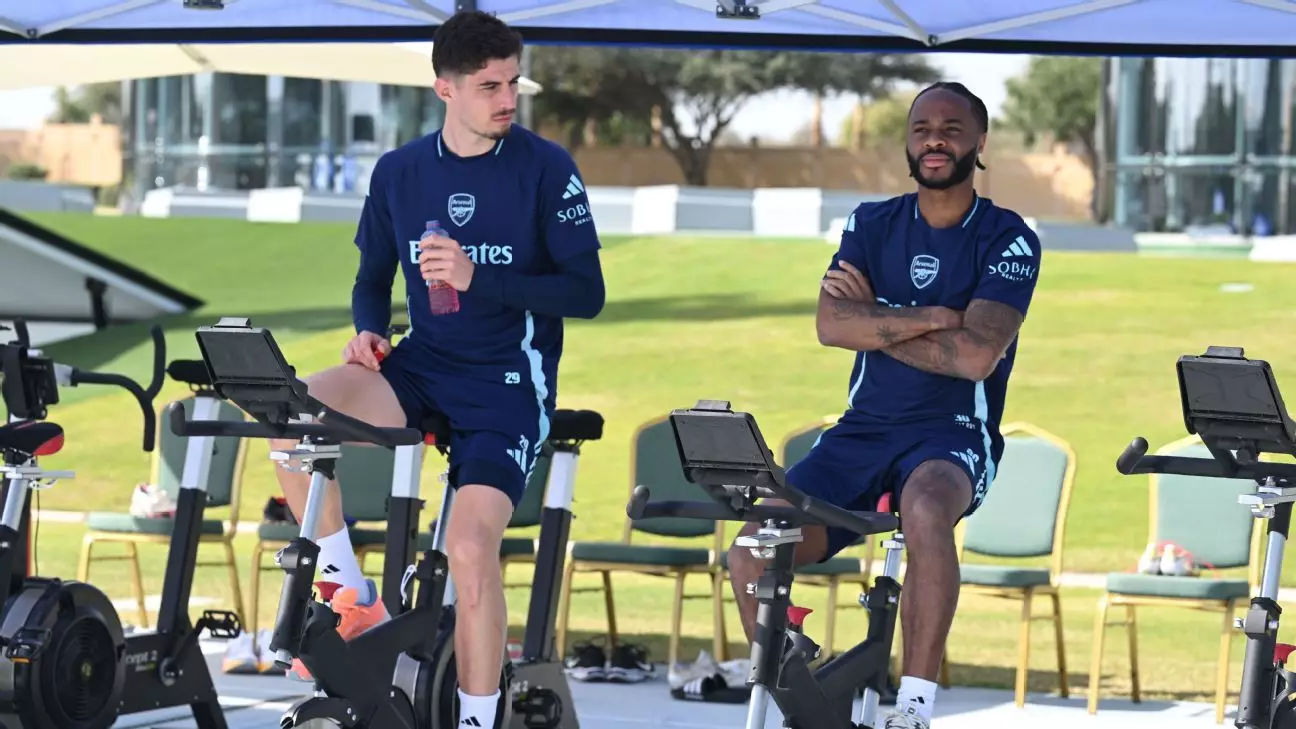In the fast-paced world of Premier League football, the performance of players can hinge significantly on their fitness and availability. The upcoming fixtures bring an array of injury updates, suspensions, and expected lineups that can greatly impact both the tactical decisions of managers and the choices of fantasy football players. This analysis aims to provide insights into the current state of player availability, helping fans and participants in fantasy leagues to strategize effectively.
Injuries can severely disrupt team dynamics and individual player performances. For instance, Brighton & Hove Albion is facing several challenges, with players like Lewis Dunk and Solly March listed as doubtful for their match against Chelsea. This uncertainty can influence head coach Roberto De Zerbi’s tactical setup, forcing him to consider alternatives and potentially leading to a less effective team. As fans strategize for their fantasy teams, substitutions due to injuries might compel them to invest in less proven players who could rise to the occasion but also come with high risk.
Similarly, teams like Leicester City and Arsenal have notable absences, with key forwards such as Jamie Vardy and Bukayo Saka grappling with fitness issues. When star players are sidelined, lesser-known players may be thrust into the spotlight, creating both opportunities and risks for fantasy managers looking to fill gaps in their rosters.
While injuries are an immediate concern for team selection, suspensions add another layer of complexity. For example, Mykhailo Mudryk’s suspension impacts Chelsea’s attacking power. His absence could lead to shifts in formation as well as alterations to the style of play that manager Mauricio Pochettino prefers. Fantasy players must be vigilant, monitoring both injury and disciplinary records, as an ill-timed foul could lead directly to points lost in their leagues.
Furthermore, the management of player availability can influence betting markets and fan morale. Teams that often miss key players find themselves struggling not only on the pitch but also in fan engagement. The feeling of uncertainty surrounding availability can detract from the excitement of match days, affecting attendance and viewership.
Teams often find themselves in a race against time to bring players back to health before important matches. Players like Nicolas Jackson and Kai Havertz have specific estimated return dates, and their timely recovery could reflect positively on their teams’ performances. For fantasy players, these statuses should be closely monitored; knowing when a player is likely to return from injury can be the difference between collecting points or missing out entirely.
The potential for players returning to action contributes an element of unpredictability. A team that looks weakened on paper due to injuries might surprise fans and opponents alike when key players return unexpectedly. This unpredictability emphasizes the importance of being attuned to updates on player fitness levels and anticipated return dates.
With the often chaotic nature of player availability, a prudent fantasy strategy involves balancing short-term decisions with long-term planning. Managers in fantasy leagues might consider temporarily sidelining expensive or frequently injured stars in favor of more consistent, lower-cost players. This approach not only preserves budget lines but can also mitigate risk.
Moreover, one effective strategy is to monitor teams that rotate their squads effectively. Clubs like Manchester City often showcase a depth that can absorb the loss of a star player. Keeping a close eye on player rotations can provide valuable insights into who might be performing well in the absence of their more famous counterparts, making it feasible to pick up hidden gems.
In the era of football where dynamics shift rapidly due to injuries and suspensions, staying informed about player availability is crucial for both fans and fantasy league participants. It’s vital to continuously analyze injury reports and substitutions, as these factors can significantly influence team performances.
Ultimately, effective management requires proactive decision-making and a nuanced understanding of potential impacts on team dynamics. As fantasy players prepare for the next gameweek, leveraging this information can establish a competitive advantage and enhance their chances of success in the highly competitive fantasy landscape. Being adaptable and responsive to ongoing changes is not just an advantage; it is a necessity in mastering the intricacies of fantasy football.

